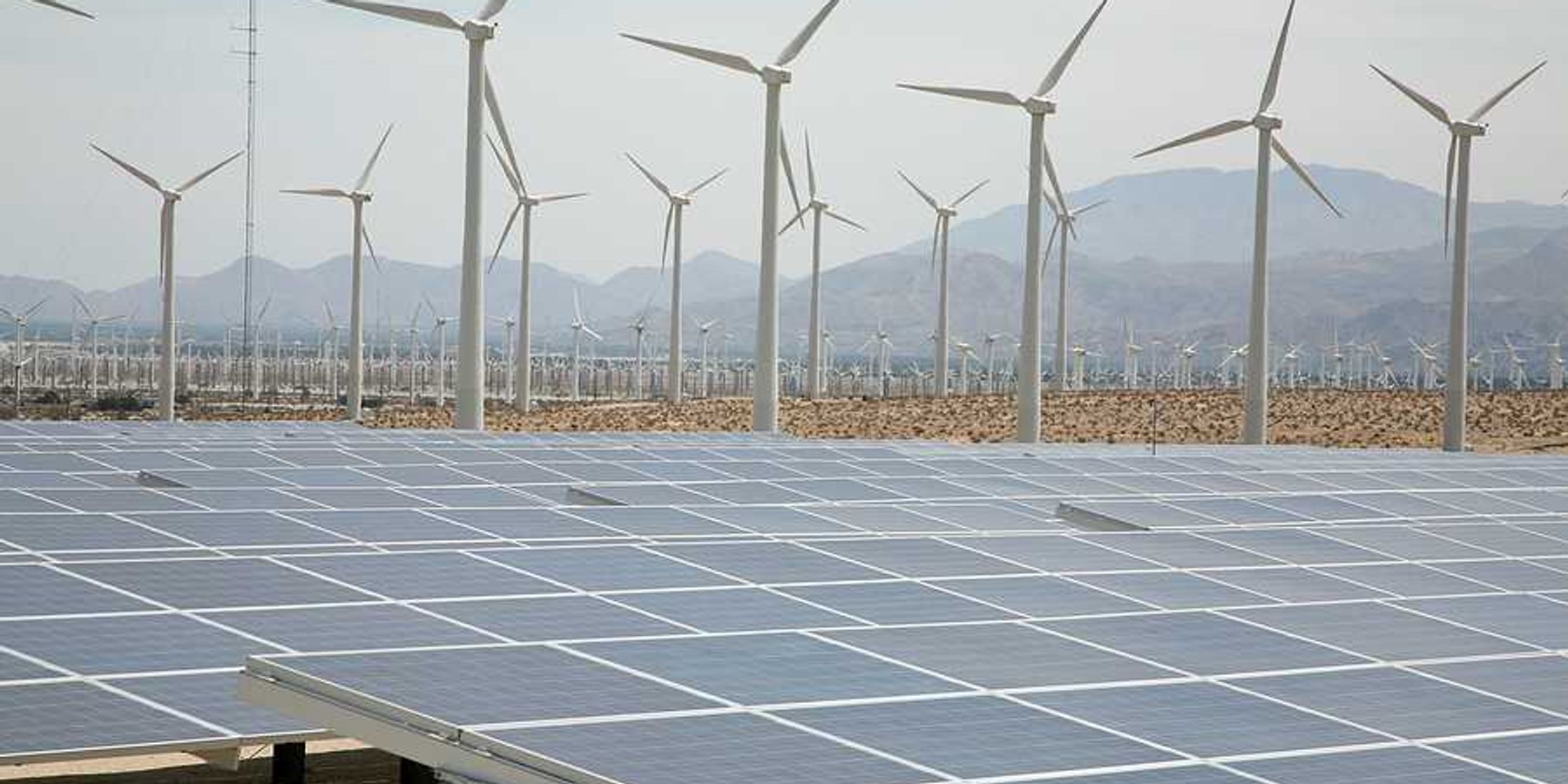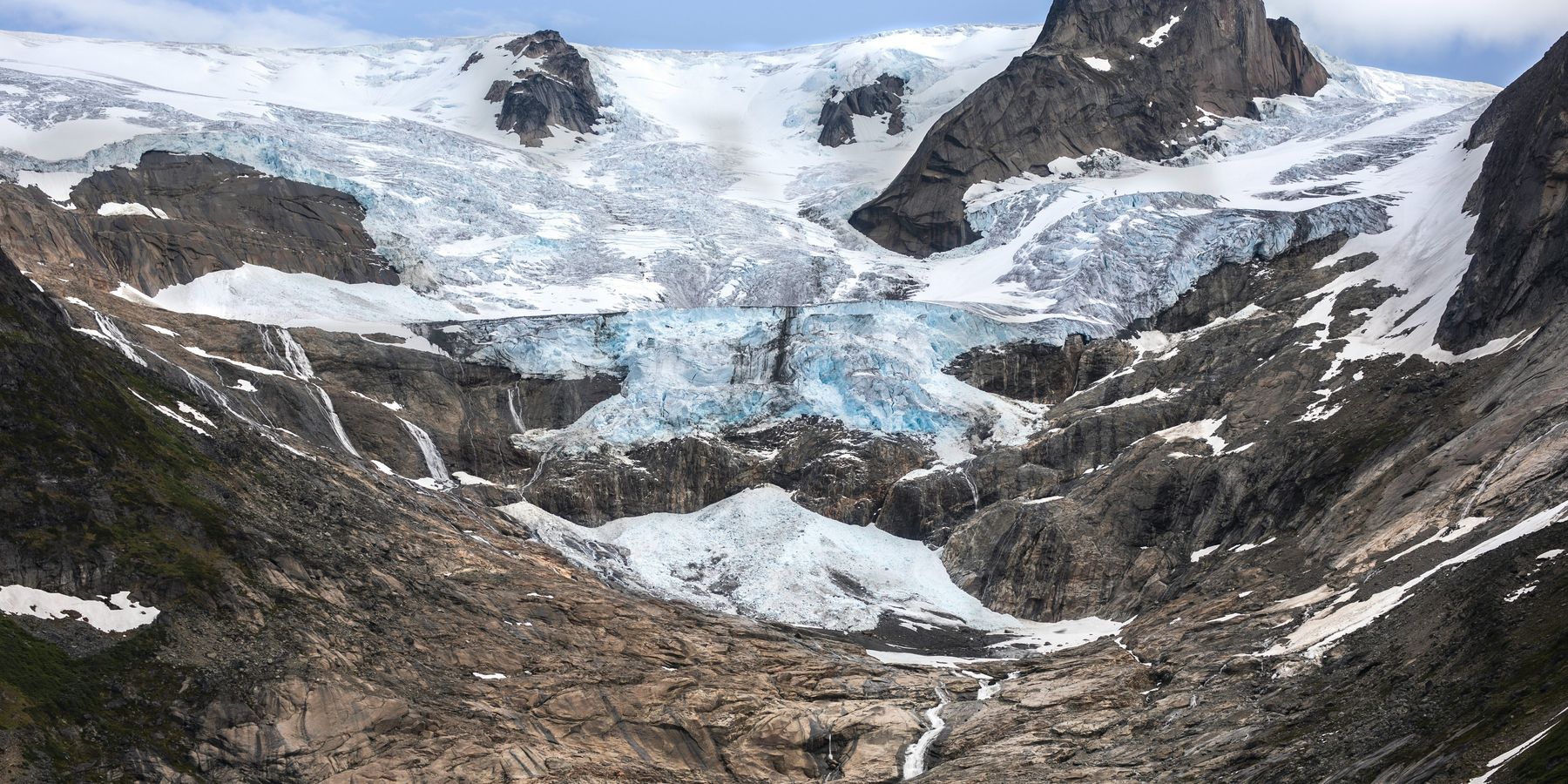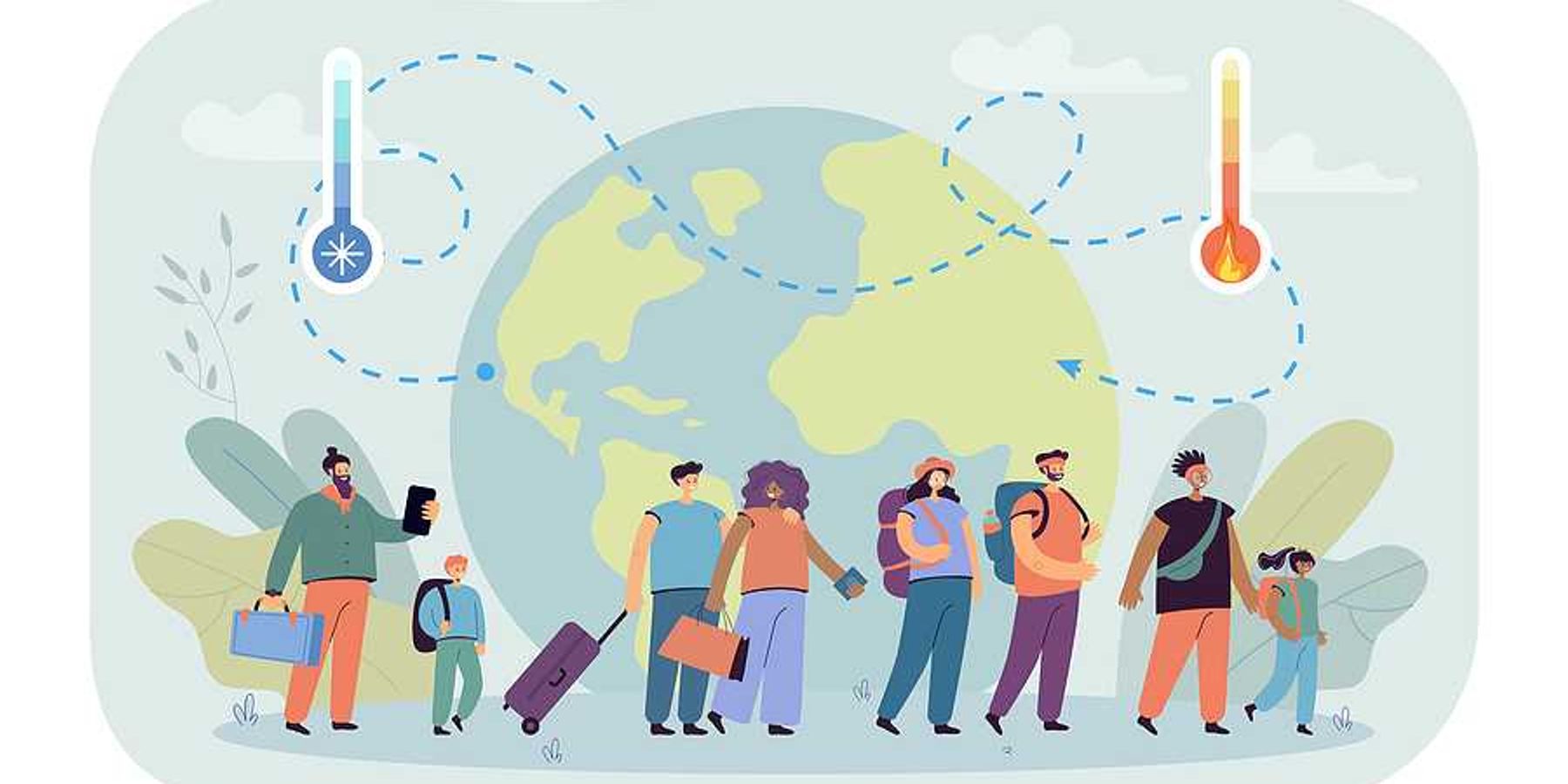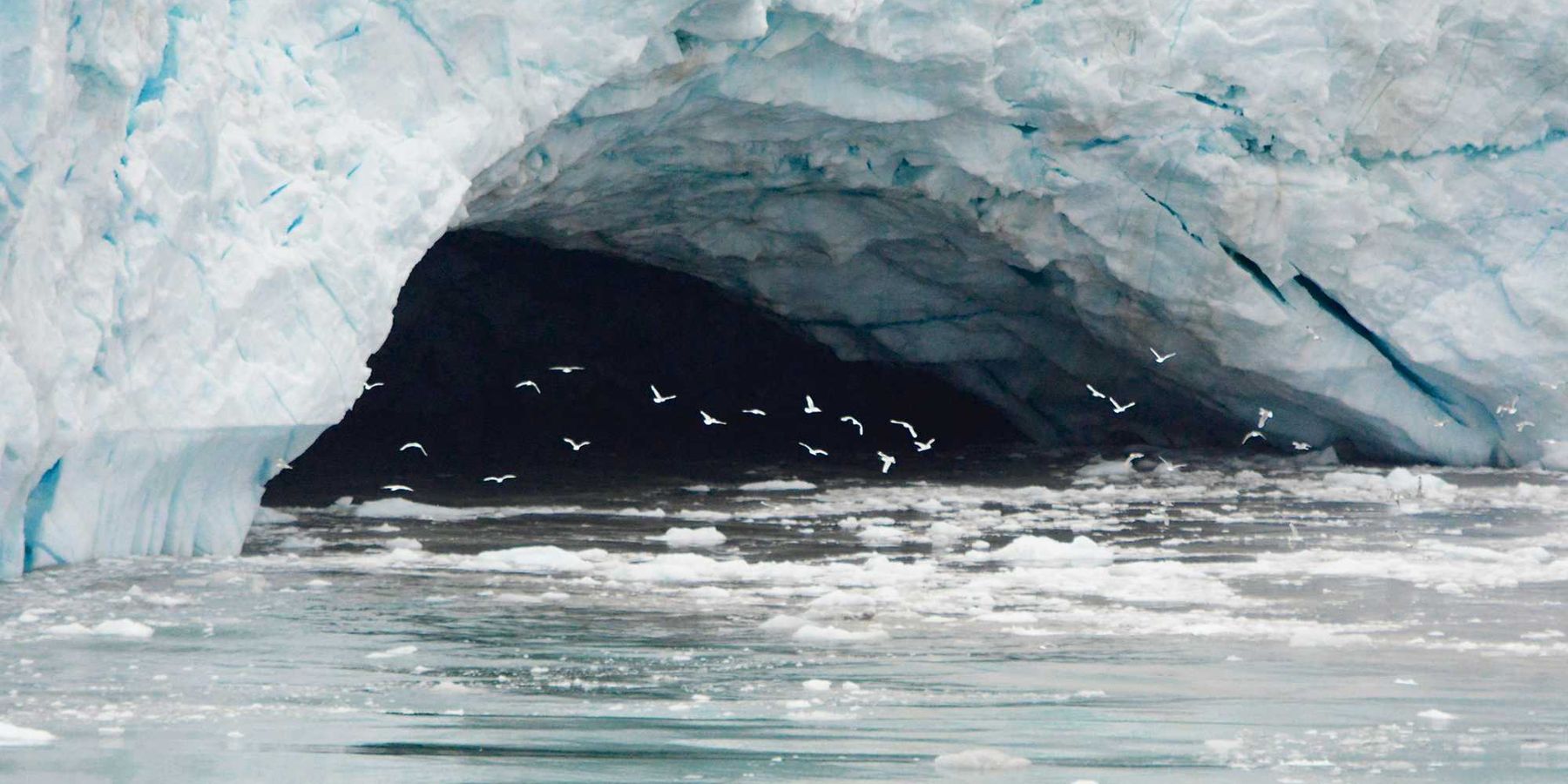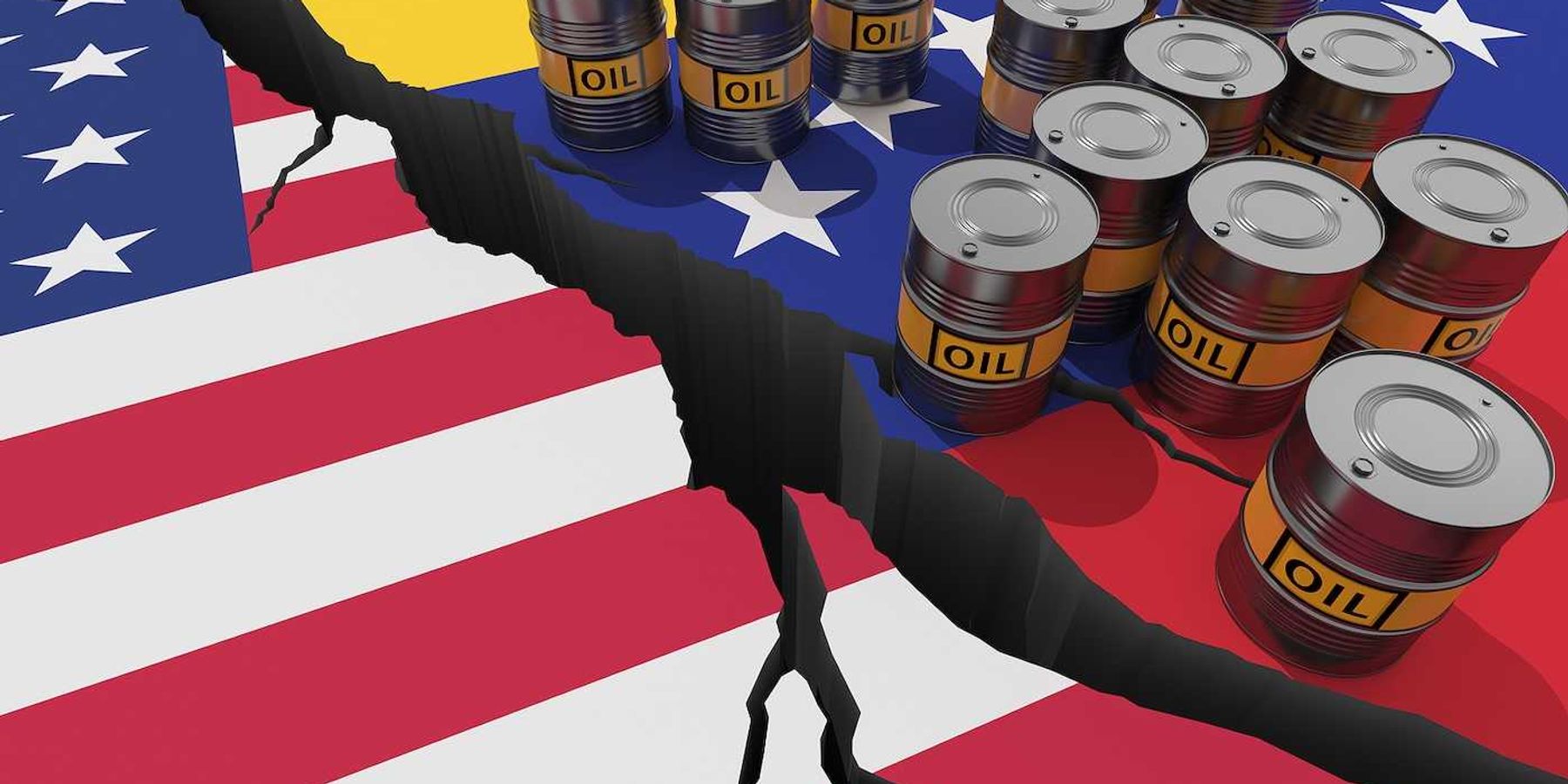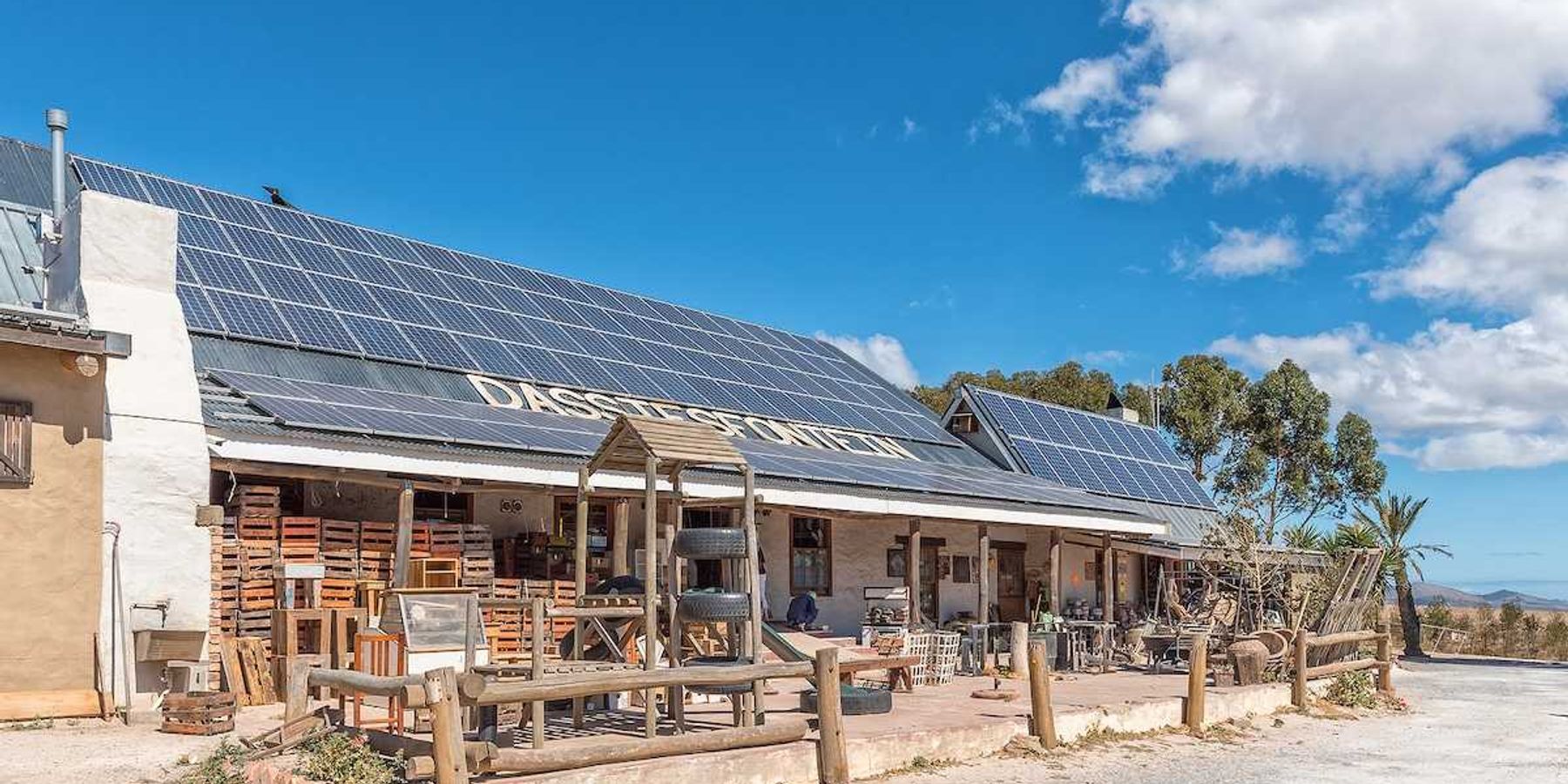
Climate characters: Five people and their complex conclusions
Enough yelling. Profiles of five people from varied backgrounds and the shaping of their beliefs on climate change.
The martial artist and the congressman. The engineer and the meteorologist. And of course, the God-fearing climate scientist.
Sound like the beginning of a bad joke?
It's not—these are regular folks with thoughts and beliefs on climate change as diverse as their professions. And I spent some time with each of them to figure out how they came to their conclusions.
The way people form beliefs about climate change is as complicated as the way they form beliefs about anything else: it depends on life experiences, family members, jobs, peer groups. When we talk about climate change, we often want to categorize people and classify their views.
But doing so eliminates essential nuances. "We can't put people into two boxes on this subject," says Andrew Hoffman, a sociologist who specializes in sustainable enterprise at the University of Michigan. "It's not just straight out skeptics and believers."
Dichotomizing people is counterproductive: it doesn't provide insights and it doesn't change minds. There's only one way to make sense of the climate conversation, and that is by looking at people as individuals.
Climate characters follows five people with a range of beliefs about climate change, with the goal of bringing a greater degree of compassion and understanding to the highly polarized conversation.
Michael Casey grew up in Germany during the 1970s fearing an ice age rumored to be imminent. Forty years later, he scoffs at the idea of climate change, partly because he is doubtful of experts. June 5, 2017
Josh Kastman started his meteorology training with the classic skepticism of a researcher: he needed unassailable proof before he could believe that humans could cause the Earth to warm—but eventually, he accepted the reality of climate change. June 6, 2017
John Albright, a veteran of the defense industry, believes in the power of science to change the world. But he knows that even scientists have biases, and rarely accepts their work at face value. June 7, 2017
Bob Inglis was a hardcore disbeliever until he found a personal connection to the issue. After losing his seat in Congress, in part because of public statements he made about his beliefs, he's now made environmental advocacy his primary mission. June 8, 2017
Katharine Hayhoe describes herself as a climate evangelist, using her pulpit at Texas Tech University to reach people, like Casey and Albright, who still have doubts about whether the Earth is warming. June 9, 2017
Zara Abrams is a freelance journalist and master's student in USC's Specialized Journalism program. "Climate characters" was her thesis project. Follow her at @ZaraAbrams.

